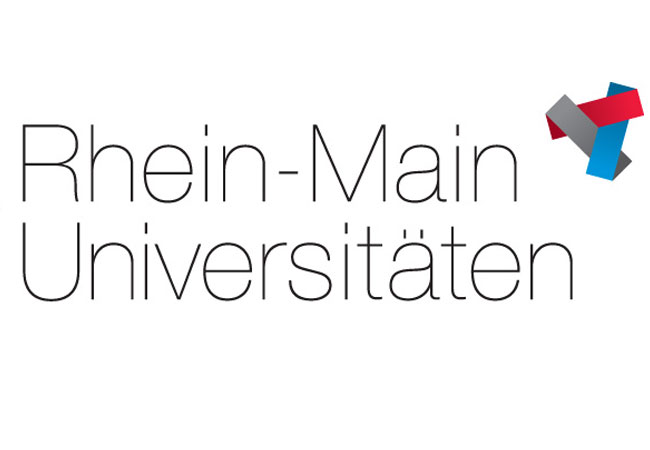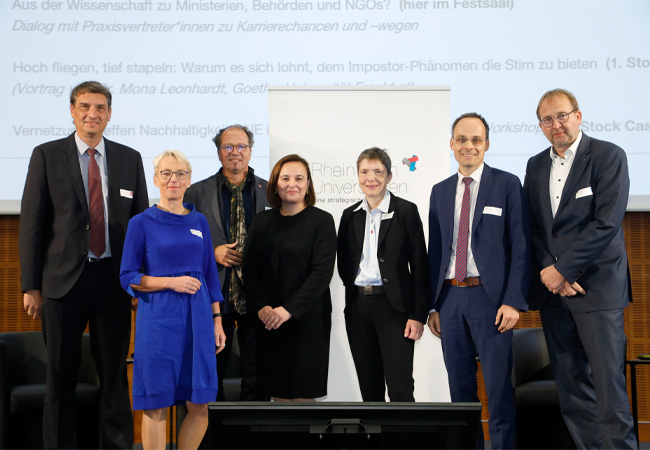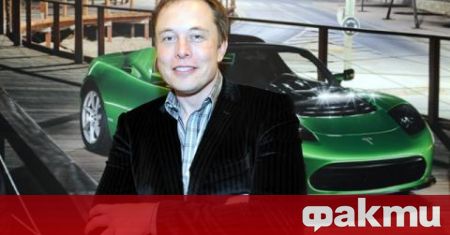Held on 24 October 2022, the fourth “Rhine-Main University Day” focused on early career scientists and mid-level academic faculty. Opening more opportunities for them is a major concern of the Rhine-Main Universities Strategic Alliance (RMU).
After two years of pandemic, the annual “Rhine-Main University Day” was held in attendance again this year. In the previous two years, the meetings were hosted digitally: the first in 2020 by the Technical University of Darmstadt and last year by the Johannes Gutenberg University of Mainz. In other respects too, the event, which attracted several hundred participants from Hesse and Rhineland-Palatinate, returned to its pre-pandemic roots: as in 2019, Goethe University in Frankfurt hosted the annual meeting in its Westend Campus, also welcoming employees as RMU members and friends.
In previous years, the focus has been on the potential of the transfederal state alliance (2019), on teaching and learning (2020) and on research (2021). This year, RMU Day focused on early career scientists and ‘mid-level academic staff’. “Conquering these long-term talents and perfecting the hem significantly enriches each university, strengthening and refining its profile, as well as its future profitability,” said the president of Goethe University. prof. dr. Enrico Schleiff underlined in his welcome address.
In two short “Impulses from politics”, Ayse Asar, State Secretary at the Hessian Ministry of Science and Arts, and Dr. Denis Alt, State Secretary at the Ministry of Science and Health of the Federal State of Rhineland -Palatinate, stressed the importance of promoting and supporting young scientists. “The future of science lies in networking and alliances that optimally combine the strengths of individual scientific institutions. This is exactly where the three RMU universities are leading the way, ”he said Ayse Asar, Secretary of State at the Hessian Ministry of Science and Arts, adding that “they bring together nearly 10,000 scientific employees, especially PhD and postdoctoral students, who are the main focus of this year’s RMU Day. Without this mid-level academic staff, universities would not be the same. That is why intelligent staff development as well as comprehensive support, qualification and consulting structures are so important. At the federal government level, we support universities both financially and structurally, including with opportunities for new career paths – such as the qualification chair, tenured chair or tandem chair – offered by the Hessian Higher Education Act, which it was amended in 2021. In the same year the “Code of good work” was drawn up. In it, universities are committed to new standards for better and more attractive working conditions ”.
Dr. Denis Alt, State Secretary at the Ministry of Science and Health of the State of Rhineland-Palatinate, he underlined: “The strategic alliance of the Rhine-Main universities, with the partner universities of Frankfurt, Darmstadt and Mainz, is a fundamental element to increase the national and international profile of the region in a differentiated scientific landscape. Together, these three strong research universities can further advance the Rhine-Main region as a scientific engine, benefiting not only the universities, but also the federal states of Hesse and Rhineland-Palatinate. Scientific successes in recent years – in jointly acquiring third-party funding, for example – show that universities are on track. We want to do everything in our power to support them. “
In his opening speech, Prof. Dr. Marlis Hochbruck of the Karlsruhe Institute of Technology (KIT)and former Vice President of the German Research Foundation (Deutsche Forschungsgemeinschaft, DFG), they also put the advancement of early career scientists at the “center of science”.
At the same time, however, it has also become clear that scientists’ early career years are by no means characterized only by hope and a sense of optimism: at this stage of their life, many scientists feel particularly burdened by economic uncertainty. the question of whether an existing or future family can be reconciled with a career, obstacles to the realization of ambitious research interests and a generally uncertain future. This was also the subject of a round table discussion between four university management representatives, early career scientists and RMU’s support structures for so-called ‘early career researchers’.
This “public” part of the RMU Day was followed by a varied program of workshops and presentations of RMU cooperation projects. The workshops addressed specific funding opportunities within the RMU at both national and European level, alternative career paths to ministries, other authorities and NGOs, and ways to break free from the “Imposter Syndrome”, which is a huge insecurity about to your own skills, achievements and successes. In a networking meeting on the topic of sustainability, the members of the departments that oversee the sustainability of the three universities exchanged views on “Education for sustainable development”.
At the end of the event, Prof. Dr. Tanja Brühl, President of the Technical University of Darmstadt, President of the Goethe University Prof. Dr. Enrico SchleiffAnd Prof. Dr. Stefan Müller-Stach, Vice President of Research and Academic Growth at the Johannes Gutenberg University of Mainz, has drawn a positive but differentiated balance: “Although universities are not able to eliminate some of the burdens faced by scientists in the early stages of their careers, they can take many measures to make this phase easier: through targeted advice and tailored to individual needs, a wide range of high quality training opportunities, networking options and tangible support. These are all the more effective when universities do not act alone, but as part of an alliance, using the resources at their disposal ”.
This is exactly what the RMU aims to do: it wants to be a real “space full of opportunities”. To that purpose, President Schleiff announced the establishment of a (virtual) exchange platform for RMU post-docs, which will also provide information to external parties and present existing funding measures in a manner appropriate to the target group. “As RMU, we want to attract young scientists to Germany and around the world, because we need their creativity, their esprit, their curiosity and their courage.”
Vice President Mueller-Stach presented plans for the further development of the professional skills program offered by RMU’s funding institutions: GRADE (Frankfurt), Ingenium (Darmstadt) and Gutenberg School (Mainz). “We will continue to expand the joint program for scientists in their early career stages. By combining our strengths in RMU, scientists will be able to make more flexible use of the offerings. “
President Bruhl unveiled a new joint funding line from the RMU Initiative Fund Research, designed exclusively for early career RMU scientists: thanks to networking within the RMU, they can now benefit from up to 30,000 financial support. “We want to promote the creative and bold design ideas of our early career researchers and encourage them to network and cooperate more closely within the Rhine-Main Universities Strategic Alliance, whether through joint publications, project proposals or in the field of scientific communication “, explained Brühl. Finally, as per tradition, he invited all guests to the next RMU Day, which will be held in Darmstadt in 2023. “I look forward to welcoming you to TU Darmstadt next year to discuss another aspect of the further development of the our alliance. ” At the end of the day, all three university representatives agreed: For early-stage scientists, RMU is becoming the ideal starting point for building independent careers.
Further information: www.rhein-main-universitaeten.de/en



